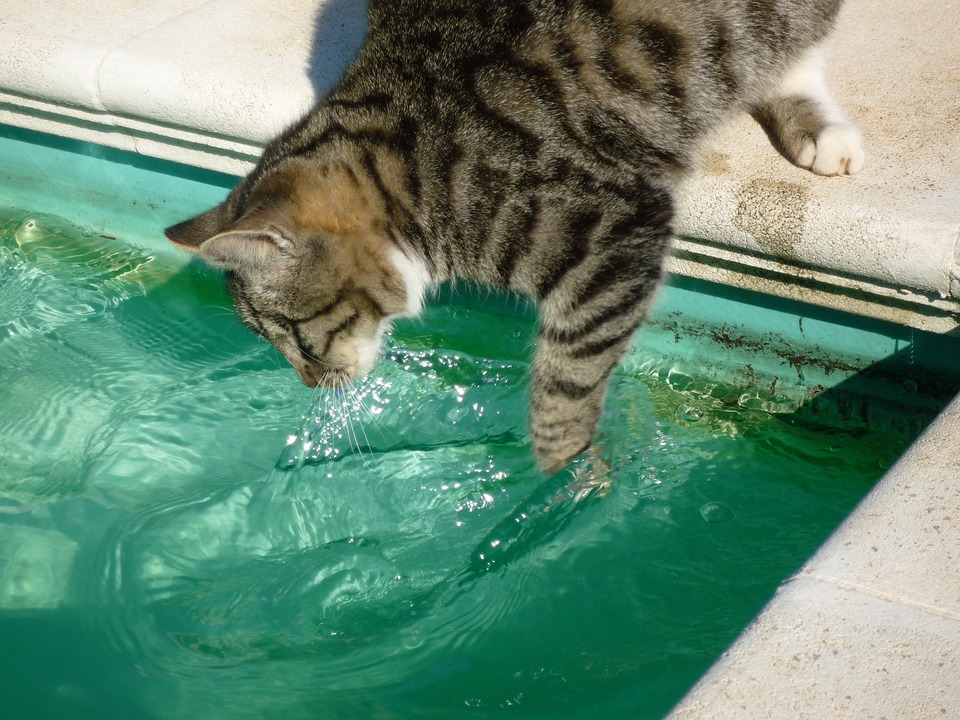Fish tank keeping is a popular hobby that requires a deep understanding of the behavior and needs of the fish you are caring for. One crucial aspect of fish tank keeping is understanding the hunting behavior of your fish. By gaining insight into their natural instincts and tendencies, you can create a more enriching and suitable environment for your aquatic friends. This article aims to provide you with valuable information about the hunting behavior of fish tank fish, helping you ensure their well-being and overall health.
The Importance of Understanding Hunting Behavior
Understanding the hunting behavior of your fish is essential for their overall well-being. Fish have evolved to be hunters, and their natural instincts drive them to search for and capture their food. By providing opportunities for them to engage in their natural hunting behaviors, you can help prevent boredom, stress, and even health issues that can arise from a lack of mental and physical stimulation.
Types of Hunting Behavior in Fish Tank Fish
There are different types of hunting behaviors that fish exhibit in fish tanks. Understanding these behaviors can help you create a suitable environment for your fish.
1. Ambush Predators: Some fish species are ambush predators, meaning they lie in wait for their prey and then quickly capture it. Examples of ambush predators include angelfish, lionfish, and pufferfish.
2. Active Predators: Active predators actively pursue their prey. They are constantly on the move, searching for food. Examples of active predators include betta fish, cichlids, and rainbowfish.
3. Filter Feeders: Some fish species, such as certain types of goldfish and manta rays, are filter feeders. They consume tiny particles of food that they filter from the water.
Factors Influencing Hunting Behavior
Several factors can influence the hunting behavior of fish tank fish. Understanding these factors can help you create an environment that supports their natural instincts.
1. Species-Specific Traits: Different fish species have different hunting behaviors. It is important to research the specific needs and behaviors of the fish species you are keeping to ensure their well-being.
2. Tank Size and Layout: The size and layout of your fish tank can impact hunting behavior. Providing ample space and appropriate hiding spots can encourage fish to exhibit their natural hunting behaviors.
3. Food Availability: The availability of food in the tank can influence hunting behavior. If fish are constantly fed without having to search for their food, their hunting instincts may become diminished.
Observing Hunting Behavior in Your Fish Tank
Observing the hunting behavior of your fish is important to ensure they are healthy and engaged. Look out for signs of hunting behavior, such as stalking, chasing, and capturing prey. Additionally, monitor any behavioral changes, as they can indicate stress or distress in your fish.
Enhancing Hunting Behavior in Your Fish Tank
There are several ways you can enhance the hunting behavior of your fish in the tank:
1. Providing Appropriate Hiding Spots: Creating hiding spots in the tank, such as caves or plants, can mimic the natural environment of your fish and encourage hunting behavior.
2. Mimicking Natural Prey Movement: Using fish toys or floating objects that mimic the movement of prey can stimulate your fish’s hunting instincts.
3. Utilizing Fish Toys and Interactive Feeders: Introducing interactive feeders or puzzles that require your fish to solve and manipulate can provide mental and physical stimulation, encouraging hunting behavior.
FAQs (Frequently Asked Questions)
1. Can fish tank fish survive without hunting behavior stimulation?
Fish tank fish can survive without hunting behavior stimulation, but their overall well-being may suffer. Providing opportunities for hunting behavior stimulation can prevent boredom, stress, and health issues.
2. How can I encourage hunting behavior in my fish tank?
You can encourage hunting behavior by providing appropriate hiding spots, mimicking natural prey movement, and utilizing fish toys and interactive feeders.
3. Are there any risks associated with hunting behavior in fish tanks?
While hunting behavior is natural for fish, it is essential to ensure the prey they are consuming is suitable for their diet. Feeding inappropriate prey or overfeeding can lead to health issues.
4. What are some common signs of stress or distress in fish tank fish?
Common signs of stress or distress in fish tank fish include loss of appetite, abnormal swimming patterns, changes in color, and hiding behavior.
5. Can fish tank fish lose their hunting instincts over time?
Fish tank fish can lose their hunting instincts over time if they are not provided with opportunities to engage in hunting behaviors. Lack of mental and physical stimulation can lead to diminished hunting instincts.
Conclusion
Understanding the hunting behavior of fish tank fish is vital for their overall well-being. By recognizing the types of hunting behavior, influential factors, and ways to enhance their natural instincts, you can create a stimulating and thriving environment for your aquatic pets. Remember to observe their behavior closely, provide suitable hiding spots, and introduce interactive elements to their habitat. By doing so, you can ensure that your fish are happy, healthy, and able to engage in their natural hunting behaviors.









